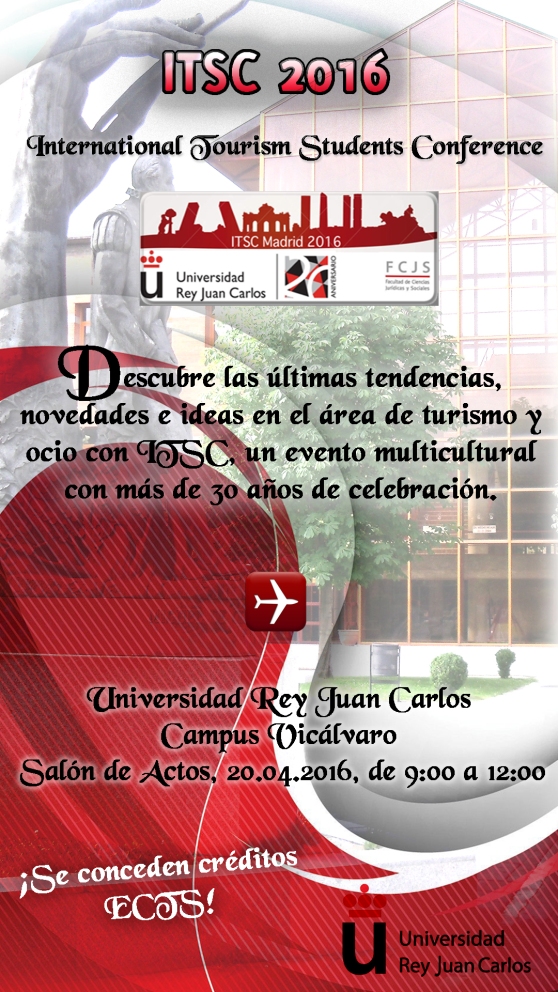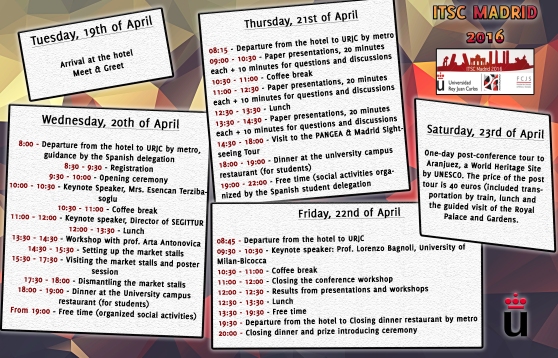
Autor: Ma Chi for ChinaDaily
Ivory Wells (R), Global Partnerships Manager of Future Cities Catapult, shakes hands with Li Tie (L), director of China Center for Urban Development after the two sides signed a memorandum of understanding at the China Smart City Innovation Conference held in Jinan, East China’s Shandong province on March 24, 2016.
The Sino-UK cooperation in building smart cities is expected to gain steam when Future Cities Catapult (FCC), one of the UK’s leading platforms for urban innovation, signed a memorandum of understanding (MOU) with China.
Hopefully the signing is going to be a fruitful cooperation between China and UK on smart city. We will use the partnership to make it easier for both British and Chinese enterprises to invest in and get involved in the smart city market in their respective country,” said Ivory Wells, the global partnerships manager at FCC.
The FCC signed the MOU with the country’s leading agency in urban development, China Center for Urban Development, at China Smart City Innovation Conference on Thursday.
“The UK was the first country in the world to industrialize and de-industrialize, and then move on to the knowledge economy. We have plenty of experiences across all disciplines and that’s what we can share with China,” said Sir Michael Bear, UK Special Envoy for Sustainable Urbanization to China and former mayor of the City of London.
The Sino-UK cooperation in smart city began two years ago when Bristol built a partnership with Guangzhou. Last year, Manchester tied a relationship with Wuhan. The two partnerships aim to share UK’s expertise and experiences in building smart cities with China, according to John K Davies from UK Trade and Investment.
“The UK has been involved in smart city for many years. I think one of the differences that occurred in the last few years is that city and citizens are put at the front and center, and businesses are now responding rather than trying to drive the board,” said Davies.
His opinion was echoed by Li Tie, the director of China Center for Urban Development.
“One of the significant changes in building new smart city in China is that the old government-driven development model should be changed into user-oriented and market-driven one,” said Li.
With its fast urbanization drive, the smart city market is huge in China, according to analysts’ estimates. Authorities have released guidelines for accelerating the building of smart cities, which includes an intelligent transportation system. The cumulative investment is likely to break 2 trillion yuan ($309 billion) by 2025, fueled by massive State-sponsored urbanization projects, analysts estimated.
Read more









 experience a mix of cultures and customs. Explore the fascinating history behind the ancient Greek city of Butrint, a UNESCO World Heritage site. Hit the beach and have a drink of Korca beer as you gaze out at the Ionian Sea. Travel through breathtaking mountain vistas, discover ruins from the Ottoman Empire, and explore this underrated gem before the tour groups start to arrive.
experience a mix of cultures and customs. Explore the fascinating history behind the ancient Greek city of Butrint, a UNESCO World Heritage site. Hit the beach and have a drink of Korca beer as you gaze out at the Ionian Sea. Travel through breathtaking mountain vistas, discover ruins from the Ottoman Empire, and explore this underrated gem before the tour groups start to arrive. While concerns over the Zika virus are warranted, Colombia presents a safe and unforgettable South American travel experience. Tourism is heating up in the country as more travellers are drawn to its enchanting people, vibrant culture, and colorful history. Start your journey in beautiful Cartagena and explore Colombia’s rich coffee growing traditions. Next, visit dizzying Medellin for the best food in the region, and finish off with time of relaxation on the glittering white shores of the southern Caribbean.
While concerns over the Zika virus are warranted, Colombia presents a safe and unforgettable South American travel experience. Tourism is heating up in the country as more travellers are drawn to its enchanting people, vibrant culture, and colorful history. Start your journey in beautiful Cartagena and explore Colombia’s rich coffee growing traditions. Next, visit dizzying Medellin for the best food in the region, and finish off with time of relaxation on the glittering white shores of the southern Caribbean. subsided over the last two years. International travellers have adored the island country, its people, and its music for several decades. Investors are planning for Cuba’s bright tourism future by fuelling capital into tourism infrastructure. Cuba promises something for every traveller, from its rich culture and history to the world-class beach resorts dotting the coastlines of Varadero or Punta Cana. Enjoy a cocktail in the shade, ride in a 1950s taxi convertible, and learn about the dramatic revolution that swept the country many years ago.
subsided over the last two years. International travellers have adored the island country, its people, and its music for several decades. Investors are planning for Cuba’s bright tourism future by fuelling capital into tourism infrastructure. Cuba promises something for every traveller, from its rich culture and history to the world-class beach resorts dotting the coastlines of Varadero or Punta Cana. Enjoy a cocktail in the shade, ride in a 1950s taxi convertible, and learn about the dramatic revolution that swept the country many years ago.


